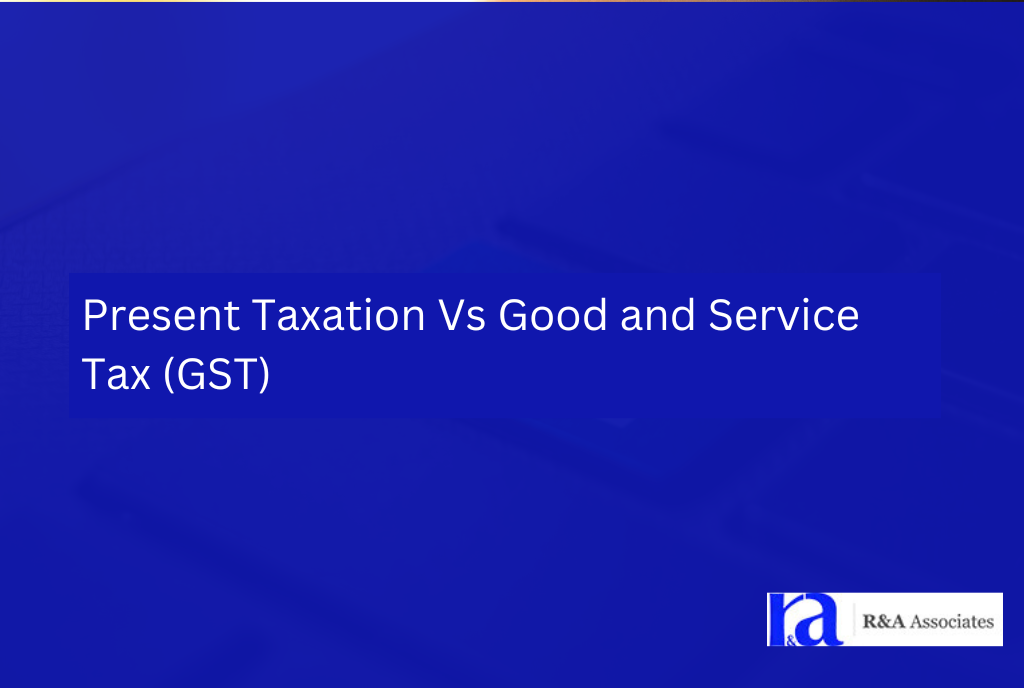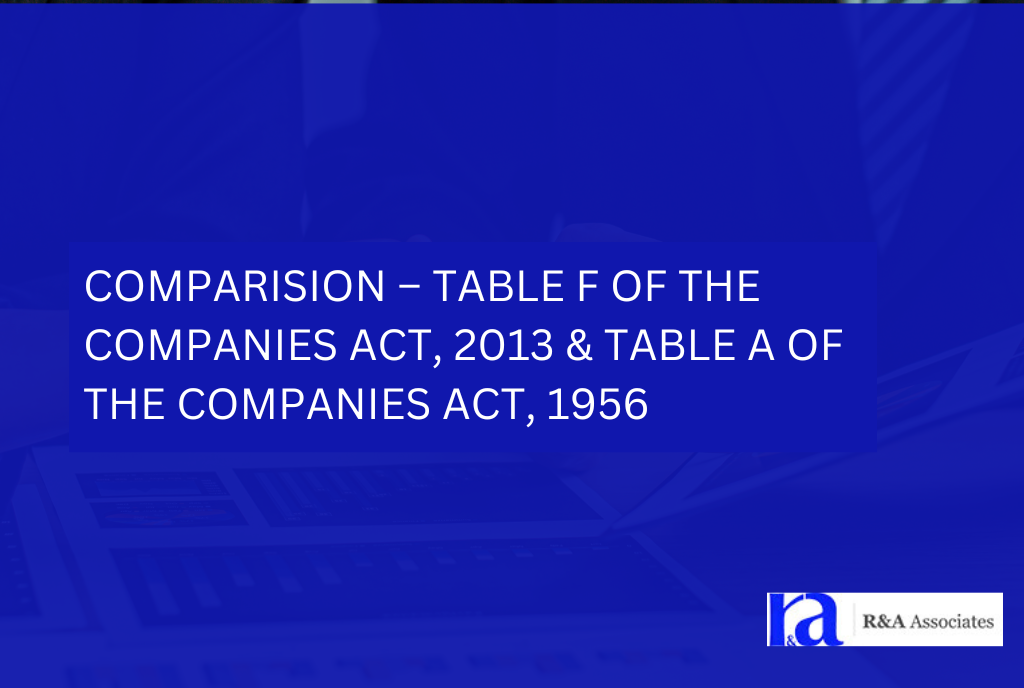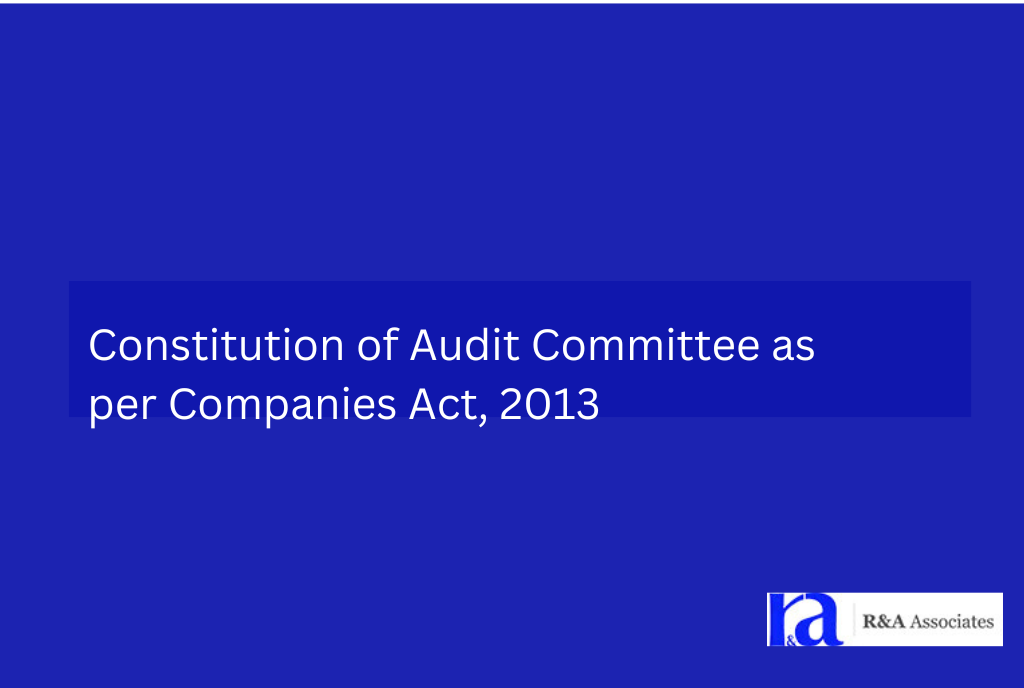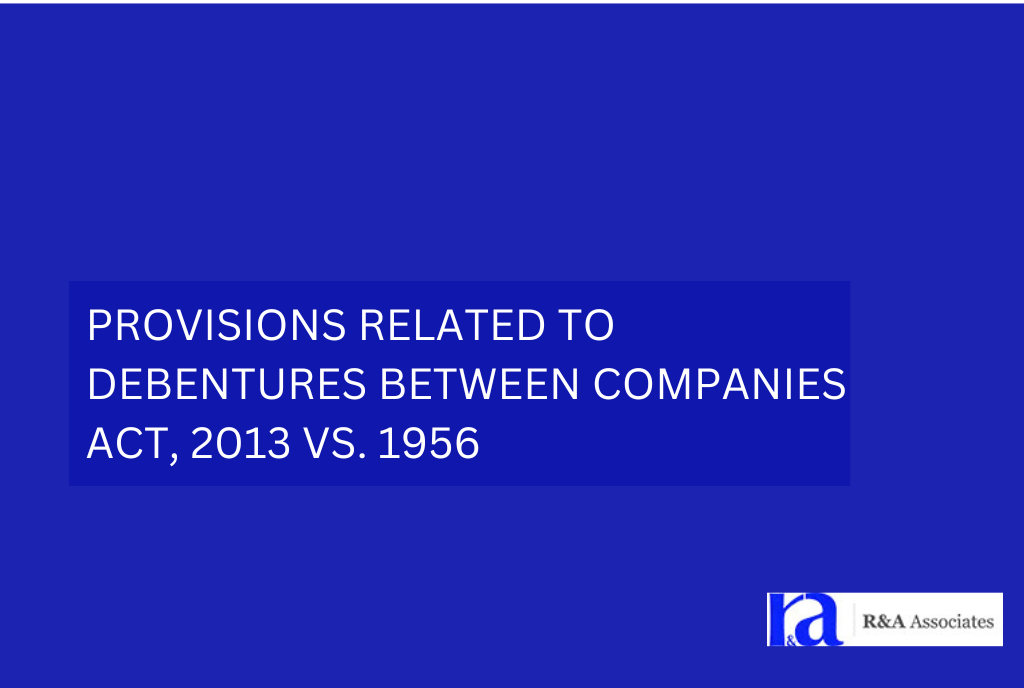Comparison of Section 177(9) of Companies Act, 2013 and Clause 49 of Listing Agreement – Establishment of Vigil/Whistle-Blowing Mechanism
I. Introduction: Whistle Blowing is nothing but calling the attention of top level management to some malafide activities happening within an organization. A whistle blower may be an employee, former employee or member of an organization, a government agency, who have willingness to take corrective action on the misconduct. As per Section 177 of the …







